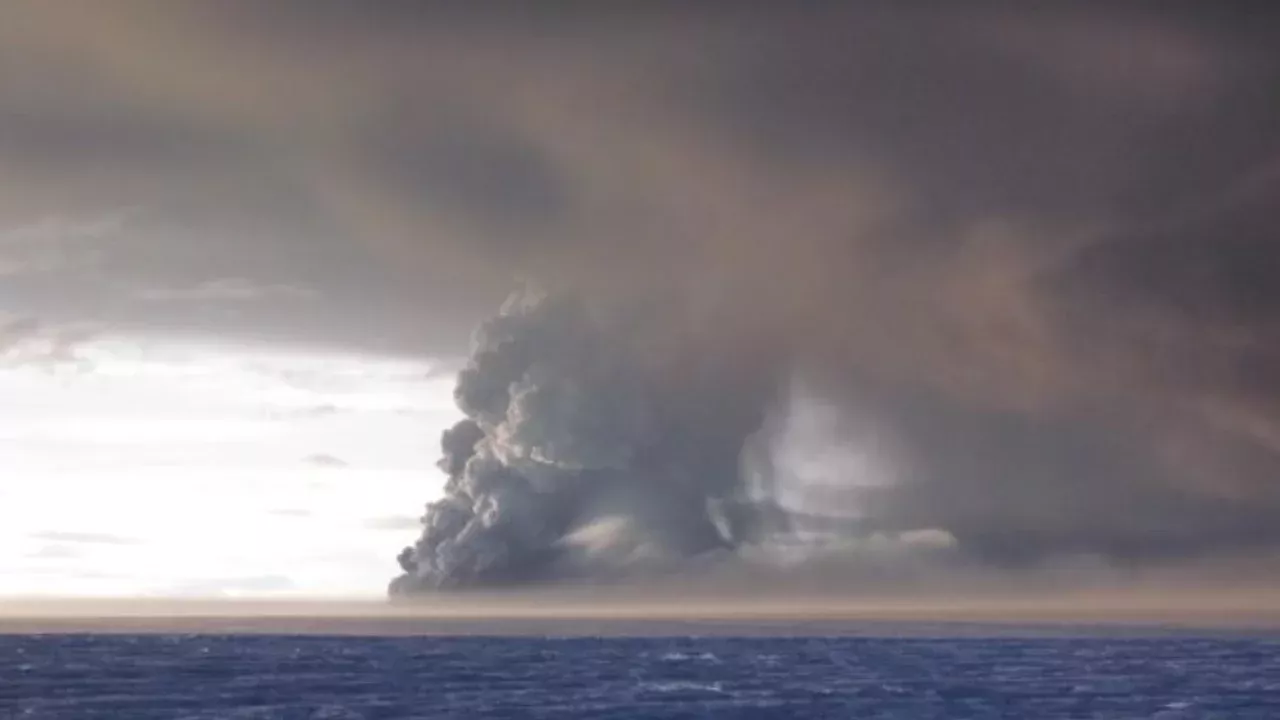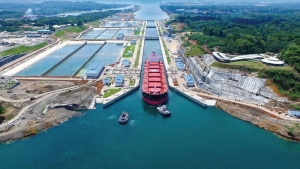Sea level rise puts cities at risk

World scientists have once again warned humanity about a serious environmental threat. This was reported by Zamin.uz.
The latest report prepared by researchers from McGill University in Canada emphasizes that if greenhouse gas emissions continue at the current rate, sea level rise could become a global environmental disaster. The report shows that within the next hundred years, sea levels are expected to rise significantly, resulting in coastal cities gradually being submerged.
Such a situation would cause economic damage and pose the risk of millions of people losing their homes. According to scientists, cities in Africa, Southeast Asia, South and Central America are particularly at high risk.
These regions have dense populations, and even small floods can cause significant damage to ports, industrial zones, and cultural heritage sites. According to the research results, out of more than 840 million buildings studied in these areas, 136 million will be directly affected by an approximate 20-meter rise in sea level by 2100.
This threatens not only buildings but also major infrastructure systems, power plants, and transportation networks. Professor Eric Galbraith emphasized that climate change and rising water levels affect all aspects of human life.
According to him, even if you do not live near the ocean, its consequences will reach you. The report states that this information should not only be a scientific analysis but also serve as a practical guide for specialists in urban planning, architecture, construction, and development.
They should use these results to reduce future damages and create safe city models. It is also emphasized that every country needs to review its climate policies, reduce greenhouse gas emissions, and take strict measures to protect the natural environment.
Previously, scientists from the University of Southampton in the United Kingdom identified rhythmic upwellings of molten mantle beneath Ethiopia's Afar region. They likened this process to a "heartbeat," indicating that the African continent is gradually splitting apart, potentially leading to the formation of a new ocean.
Experts believe that such natural processes are leading humanity into a new geological era. Combined with human-related impacts, unprecedented changes in Earth's climate may occur.
Therefore, global cooperation to reduce environmental risks and strengthen climate policies is of great importance.







